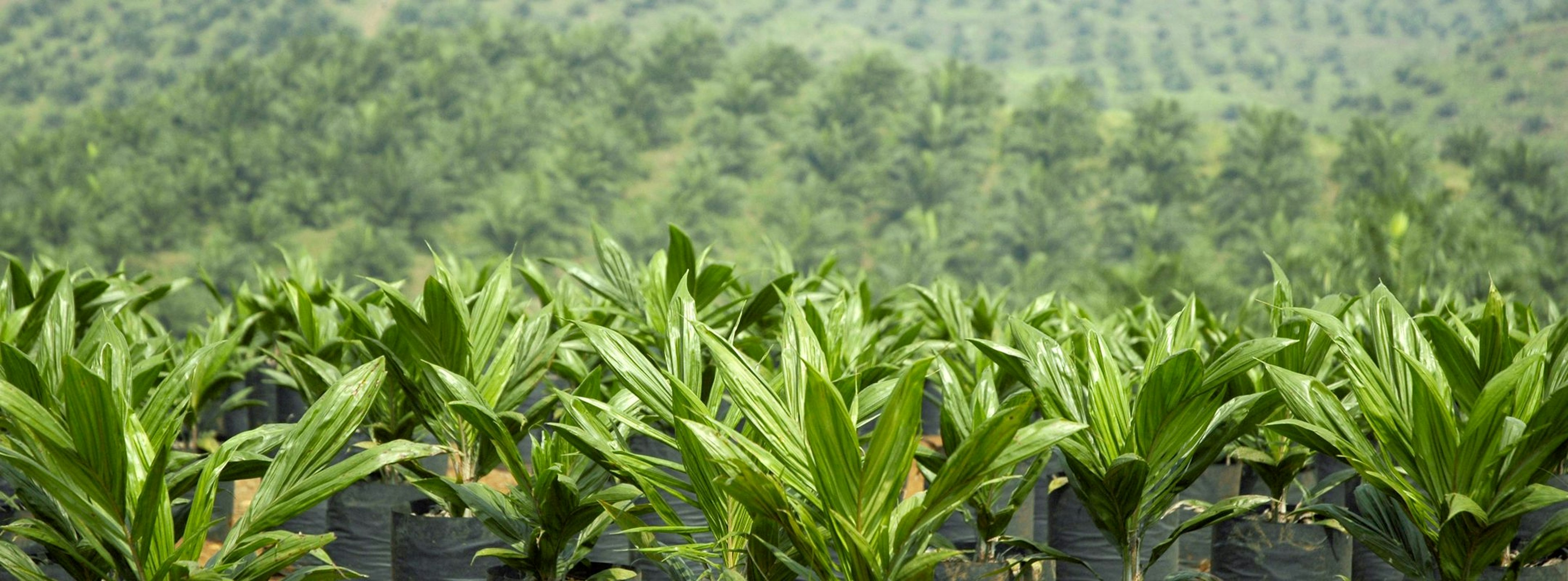Trase highlights need to combine perspectives and metrics to limit deforestation
30 Sep 2025
4 min read
A new paper by Trase emphasises the need for governments, companies, and civil society organisations to combine different perspectives and metrics to prevent blind spots in monitoring deforestation.

An oil palm plantation in Indonesia (Photo: Yudi Nofiandi)